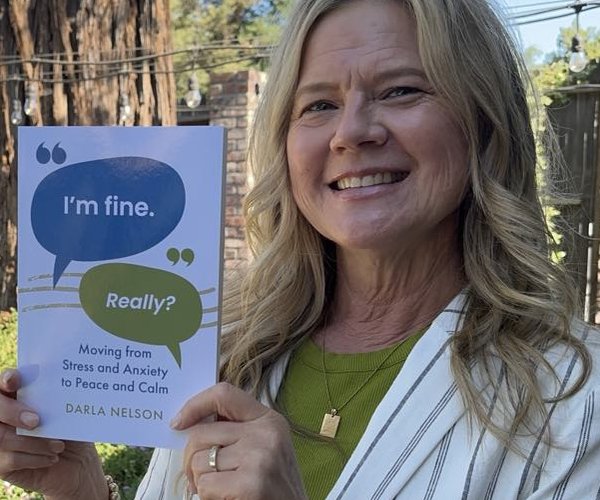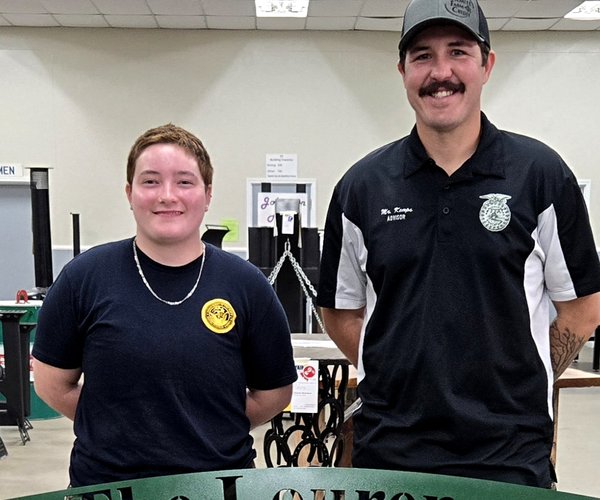The Turlock Mosquito Abatement District detected West Nile Virus (WNV) for the first time during 2025 in mosquitoes collected from Stanislaus County. The mosquito samples were collected on June 17. This finding serves as a reminder of West Nile Virus in the region and the need to take precautions.
As of June 20, 199 WNV-positive mosquito samples and 17 WNV-positive dead birds have been reported across several counties statewide, including Stanislaus, San Joaquin, Tulare, and Kern counties in the Central Valley.
Locally, the East Side and Turlock Mosquito Abatement Districts (MADs) are urging residents in the Central Valley to remain vigilant and report any sources of standing water. A sustained warm-up is expected as early as next week, which could lead to a rapid increase in mosquito populations and the transmission of West Nile Virus. In response to this situation, both districts are enhancing their mosquito surveillance and control efforts. This includes applying larvicides to known mosquito breeding sites, adulticiding or spraying when necessary, and testing mosquito pools for arboviruses, such as West Nile virus. The Districts anticipate more WNV and mosquitoes in the coming months.
Protection takes planning. People ages 55 and older are at higher risk for serious symptoms if they get West Nile virus. If you’re 55 or older, now is the time to make and use your summertime plan to protect you and your family from infected mosquito bites that can spread West Nile virus:
• Use insect repellent – Choose an EPA-registered product and apply it when spending time outdoors.
• Wear long sleeves and pants – Especially during peak mosquito hours (dawn and dusk).
• Keep mosquitoes out – Use tight fitting screens on windows and doors, and fix any holes.
• Use air conditioning – When possible, keep windows and doors closed.
• Report neglected swimming pools to your local mosquito abatement district.
• Contact your veterinarian for information on vaccinating equines against WNV.
Mosquitoes become infected with West Nile Virus when they feed on infected birds. Infected mosquitoes can then spread West Nile Virus to humans and other animals when they bite, according to the Centers for Disease Control. West Nile Virus first appeared in California in 2003 and by 2004 it was in all 58 counties.
Approximately 1 in 5 people who are infected with West Nile virus will develop symptoms such as fever, headache, body aches, joint pains, vomiting, diarrhea, or rash. Less than 1 percent will develop a serious neurologic illness such as encephalitis or meningitis (inflammation of the brain or surrounding tissues). About 10 percent of people who develop neurologic infection due to West Nile virus will die, according to the CDC. People over 50 years of age and those with certain medical conditions, such as cancer, diabetes, hypertension, kidney disease, and organ transplants, are at greater risk for serious illness.
There are no medications to treat or vaccines to prevent West Nile Virus infection. People with milder illnesses typically recover on their own, although symptoms may last for several weeks or months. In the neuroinvasive forms, patients can suffer severe and sometimes long-term.
Mosquitoes like to breed in stagnant water, preferring weedy areas that provide cover. The lagoons at dairy farms make for perfect breeding grounds, but so do flooded fields, uncared for swimming pools, urban catch basins, overwatered lawns, and pretty much anything that holds water and allows it to stagnate.
REPORTING MOSQUITO ACTIVITIES:
If you notice an unusual number of mosquitoes or mosquitoes that bite during the day, contact the Turlock Mosquito Abatement District at (209) 634-1234.
REPORTING DEAD BIRDS:
Dead birds can be an early warning sign of West Nile virus in your area. Report them to the California West Nile Virus Dead Bird Hotline: At 1-877-968-2473 or westnile.ca.gov






